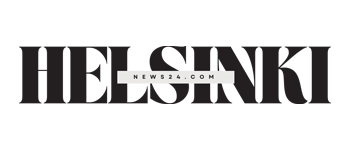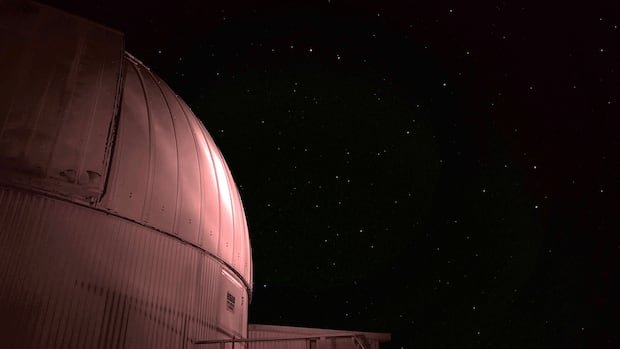A recent report sponsored by Canada’s top scientist recommends the establishment of a transparent, publicly accessible entity to oversee reports of puzzling phenomena observed moving, flashing, or lingering in our skies. The Sky Canada Project study, unveiled this week, advocates for a national framework to manage UFO sightings by the public and pilots, aiming to streamline the current fragmented protocols that impede scientific inquiry.
Noted Winnipeg science writer Chris Rutkowski, who manages the longstanding Canadian UFO Survey, emphasized the need for more data on the unusual aerial occurrences, pointing out the lack of comprehensive information available. Initiated in 2022 by Canada’s chief science adviser, Mona Nemer, the Sky Canada Project was a response to the escalating public interest in UFOs, also referred to as UAPs (Unidentified Aerial Phenomena).
The project conducted a thorough review of historical UAP reporting practices within federal departments and current procedures followed by various agencies. It also engaged with non-governmental entities and local experts involved in monitoring and receiving reports of UAP sightings from the public. The report highlighted the challenges posed by the disjointed UAP reporting mechanisms in Canada, hindering systematic scientific analysis and data compilation for rigorous evaluation.
The report recommended enhancing the process of reporting, collecting, and investigating UAP sightings in Canada, emphasizing the benefits of a more structured approach. In the past, Canada had a centralized UAP office operated by the National Research Council, which was later disbanded in 1995, leading to the distribution of responsibilities among different agencies like the Canadian Space Agency and Transport Canada.
While several UAP sightings can be explained by conventional phenomena such as aircraft, weather conditions, or celestial bodies, the report clarified that there is still no definitive evidence supporting the existence of extraterrestrial life. The document acknowledged the persistent cultural interest in UAPs and highlighted the importance of dispelling misinformation and fostering public trust through transparent disclosure of UAP case details.
The report also emphasized the role of educational institutions, suggesting that they could play a significant part in increasing public awareness and understanding of UAP phenomena. It cited the Harvard-led Galileo Project, spearheaded by astrophysicist Avi Loeb, as a groundbreaking initiative utilizing advanced technology to analyze UAP data in a more scientific manner. The project aims to enhance collaboration between Canada and the U.S. on matters related to national security and technological advancements.
Overall, the report underscores the need for a structured and transparent approach to UAP management in Canada, promoting scientific inquiry and public engagement in a field that has often been plagued by stigma and skepticism.

